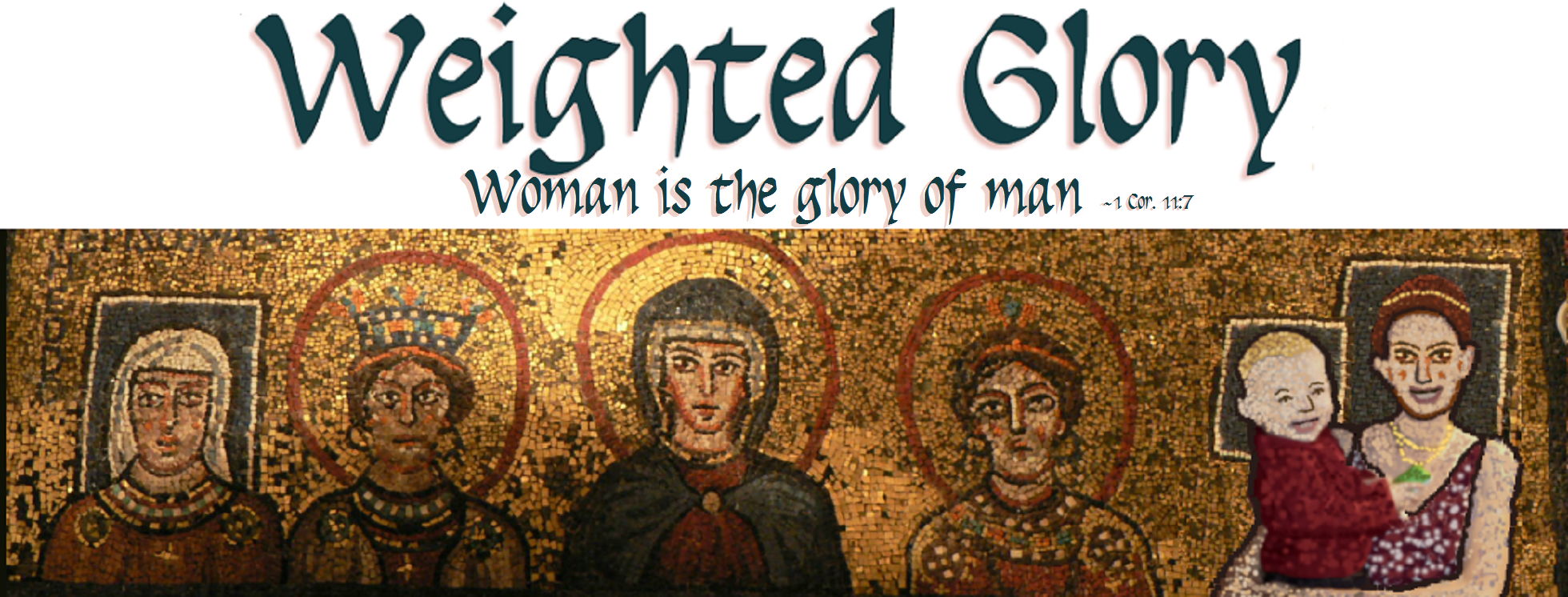The Simple Living Handbook: Discover the Joy of a De-Cluttered Life by Lorilee Lippincott [April 2013]
This was a book that I enjoyed for the first third or so, and was surprised to find my opinion of it dropping off rapidly after that. So first, allow me to lay out what I liked about the book:
- I enjoyed Lippincott’s countercultural questioning of our need for stuff, and of society’s tendencies towards getting us to buy stuff. It really is liberating to come to a point where you find yourself saying, “Yes, I could hold onto <material possession X>; but why do I need it?’
- Lippincott presents a useful system for sorting and eliminating material possessions when it comes to the kitchen, the pantry, clothes, books, and (to a lesser extent) furniture.
- I really enjoyed her chapter on minimizing and organizing the children’s room(s). The advice was terrific. Had the rest of the book been like this chapter, this would have been a B-grade review at least.
- The author has an inspirational success story of stuff reduction in her own life, albeit, one that leaves a lot of unanswered questions. (She now lives in a one-bedroom apartment with her husband and two young children. Really? Do the kids sleep in the living room, or do Mr. and Mrs. Lippincott just never . . . you know . . . need privacy?)
These strengths aside, this is why I am giving this book a D grade:
- The entire last 2/3rds of the book waver from mediocre to terrible. I think that, in order for a book to be good, it needs to either present new ideas or give a fresh and endearing take on old ideas. If you look for those things in the final 2/3rds of this book, you will look in vain. It isn’t particularly well-written, either, although it’s to Lippincott’s credit that she admits she isn’t a good writer.
- The author preaches veganism to us, confidently asserting that a “vegan diet is healthiest for the body and the planet.” [1]. Healthiest for the planet is debatable. “Healthiest for the body” is not true, and multiple studies have found that vegans tend to be deficient in vitamins B12 and Creatine (you know, the things that you get from eating animal products). Switching to veganism can actually make you less healthy if you aren’t careful. (If you have ethical reasons for being against the consumption of animal products, I have nothing against that. I just wish vegans would stop telling everyone that veganism is also the healthiest and best diet for everyone. It isn’t.) [2] In any case, a push for veganism has no place in a book on organization.
- There are odd pockets wherein the author promotes her Christian faith. I think a book like this either needs to be openly targeted towards and marketed for Christians, or religion needs to be approached in such a way as to encompass a broad variety of faith perspectives. This book is neither. One could write a really good book on minimalism as a spiritual discipline for Christians (and I’m sure there are books like that out there cough asceticism cough), but this book isn’t that. It’s a book on organization and minimalism with weird belches of Christianity here and there that are (I know for a fact) very off-putting to non-Christian readers.
- My critiques of the author’s use of veganism and Christianity get at a broader problem with the book: Lippincott seems unable to relate her material to experiences outside of her own. She’s a stay-at-home parent whose husband supports her, she homeschools, she has all day to make and manage her home. Many American families are single-parent homes where Mom or Dad has to function as both breadwinner and homemaker. Many American families are not able to live on a single income, no matter how much they pray or how hard they try. What practical advice would Lippincott give in order to apply her system to families with far less time and financial resources on their hands? None, apparently.
- Finally, there are places where Lippincott’s writing reeks of entitlement, and these are the places that really rubbed me the wrong way. For example, Lippincott says she feels self-conscious when she tells people her address with its apartment number [3]. Ah, yes, living in an apartment. How embarrassing! How risible! How magnanimous of the Lippincotts to condescend from their lofty home-owning and dwell amongst the apartment-renting proletariat so they could shine forth the light of veganism! And Jesus!
In conclusion, the genuinely useful and insightful material is almost entirely located in the first third of the book, and could have been compacted to a series of blog posts. The rest of the book is largely a waste of time and effort. I feel weird about giving the book a poor rating when it did help me and set me on the path to simplifying my material possessions, but overall, it’s just not a great book.
Grade: D
[AMAZONPRODUCTS asin=”B00BIOFYXU”]
————-
[1] 66% or location 931 of 1400 in the Kindle e-book
[2] See “Top 5 Reasons Why Vegan Diets are a Terrible Idea” by Kris Gunnars for a good evidence-based summary of why veganism isn’t the best diet there is and can be unhealthy. If we held a “which diet has the best overall results according to the empirical evidence” contest, veganism would not be standing on the podium. I’m personally not on any kind of a special diet right now. I was pescetarian for over a year and am reading up on and thinking of trying the Mediterranean diet.
[3] 92% or location 1315 of 1400 in the Kindle e-book



